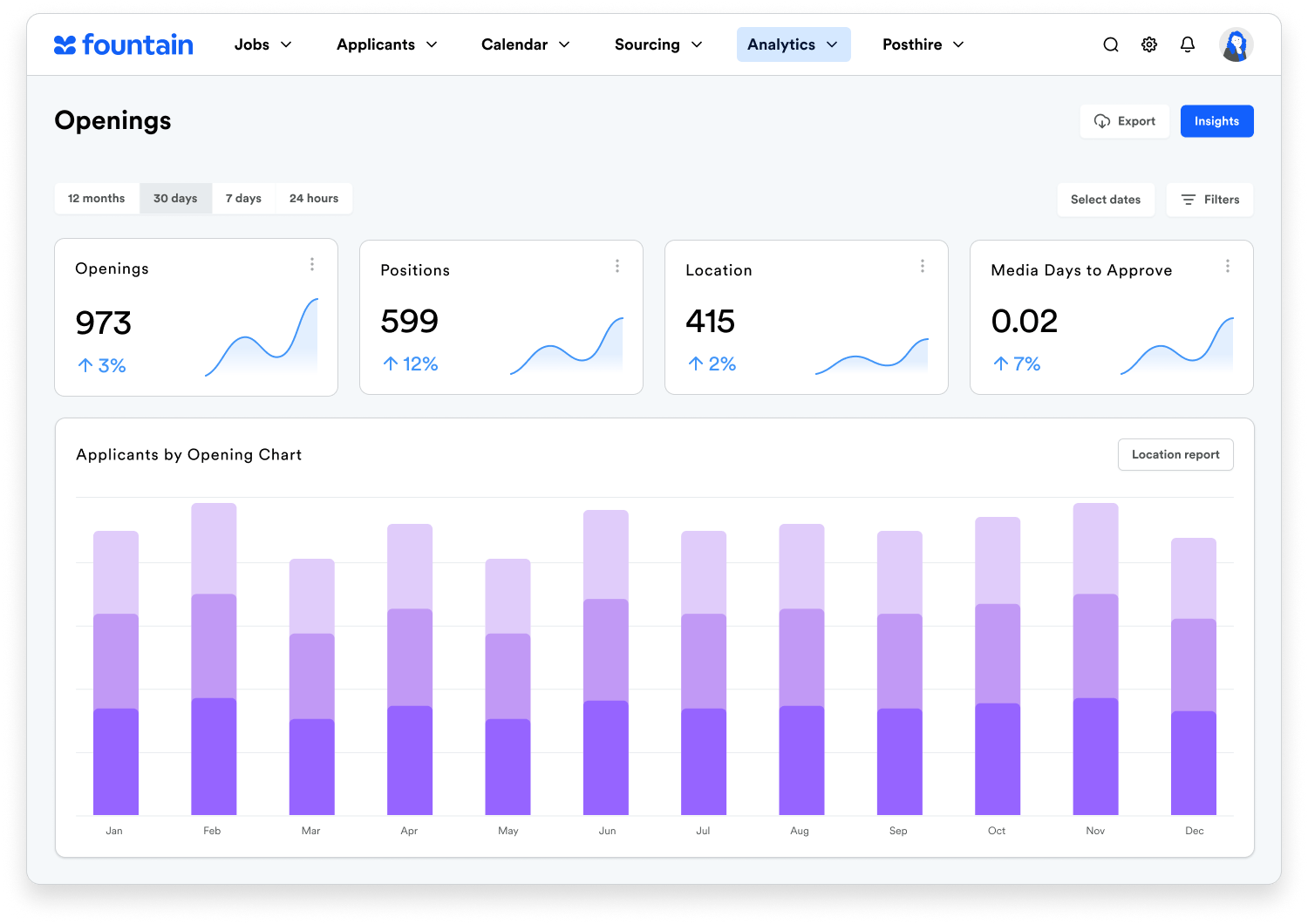At LEAP HR: Manufacturing in Denver, Colorado in September industry experts came out in full force, from cereal producers to box makers to eyeglass designers! One common reason brings these manufacturers together—they all need to hire a lot of workers.
Here are a few insights from the HR leaders who know the manufacturing industry best.
Broaden the Value You Offer to Workers
Pay alone is not a differentiator when everyone needs talent and prices for skilled labor are already inflated. In order for companies to avoid pushing themselves out of already price-sensitive markets, they’ll need to be more creative with the value they offer to employees.
Hire for coachability.
Narrowing the scope of the applicant base to only those with industry experience may inhibit your team from meeting hiring goals. Focus candidate qualification on determining their ability to learn your industry’s skills rather than already possessing them.
Be truthful about the job.
One of the primary reasons employees leave manufacturing jobs within the first 90 days is because their expectations were not properly aligned with the environment and nature of the work. Define the position and show the work environment as early as possible in the onboarding process. Some companies showcase their manufacturing floor before the contract is even signed.
Train early.
A nominal up-front investment in employee training will not only enable workers to succeed on the job, but also maximize output before their next opportunity presents itself.
Entice Applicants with the Unique Advantages of the Industry
Job security through production stability.
Manufacturing can provide a uniquely stable job for line workers. Construction contracts often span multiple years, production line output is planned many months in advance, and supplier switching costs can lock in vendors for decades. Candidates who are seeking stable income might find manufacturing to be more valuable than benefits of other industries.
Predictable promotion schedules.
Often, manufacturers can precisely define the skill level that employees can attain as their tenure grows. Advertising a consistent promotion schedule encourages longevity of employees.
Broadly applicable skills.
CNC operators, machinists, and robotic programmers can apply their skills across the manufacturing industry. Encourage candidates to apply to a job where their transferable skills will grow along with their future career options.
Stay Ahead of the Game with These Recruitment Strategies
SMS everywhere.
Text-to-apply, CRM candidate nurturing, and automated stage advancement based on SMS responses allow employers to meet their candidates where they already are: on their phones. By allowing candidates to apply without the need to create login credentials, barriers to apply are reduced and applicant volume increases.
Video interviews.
Live video interviews, recorded video responses, and training/onboarding courses are three ways companies can employ video solutions to qualify candidates early and make sure they are prepared for jobs on-site.
Posting to job boards en masse.
You never know where candidates will come from. Some may come from major job boards like Indeed and ZipRecruiter, while others may come from the local manufacturing job board. Fabricators must minimize repeat recruitment tasks like posting job descriptions online manually by using tech that can automate posting on job boards in bulk.
Attracting enough talent, qualifying candidates quickly, and retaining employees for the long haul is no easy task, but employing just a few of these techniques could have a significant impact on your Talent Acquisition team meeting their hiring goals.

 Oct 12 2021
Oct 12 2021
